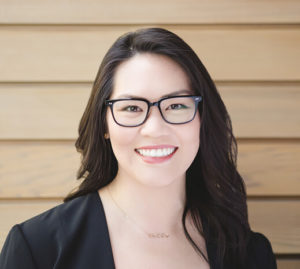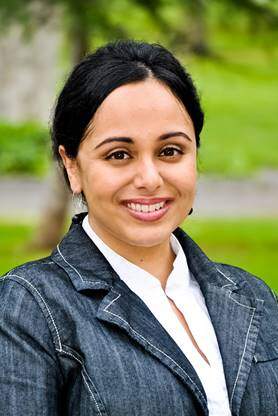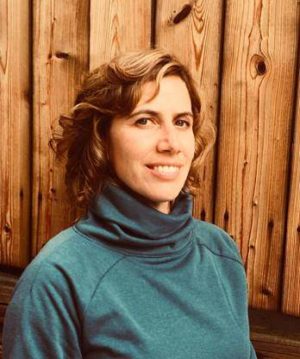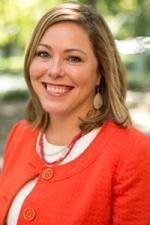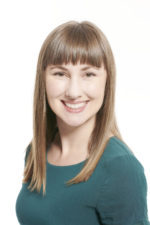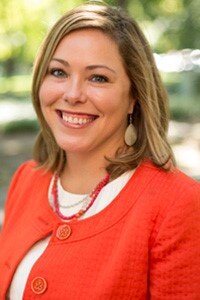Filmed at Setting the Stage for Success: Positive Behavior Support in School, Home and Community – October 20, 2018
Part of a video learning stream on Positive Behavior Support.
Dr. Joseph Lucyshyn presents a multi-method study of family centered positive behavior support (FCPBS), designed to be culturally responsive to families raising a child with developmental disabilities. The presentation includes a definition of cultural competence and best practices in culturally responsive service delivery. Implications for behavior consultants working with families of diverse cultural and linguistic backgrounds are discussed. A fascinating case study demonstrates how the family was coached to use PBS strategies to transform their child’s ability to eat a nutritious diet and play with her sibling. There was a sustained positive effect on the family’s ability to develop other strategies to improve the child’s functional skills and to improve their quality of life.
Joseph Lucyshyn, PhD, BCBA-D, University of British Columbia
Dr. Joseph Lucyshyn is Associate Professor, Department of Educational and Counselling Psychology and Special Education at UBC. A respected researcher, he has extensive experience working in collaboration with families and allied professionals to develop and implement family centered positive behavior support plans in home and community settings for children with autism and other developmental disabilities who engage in severe problem behavior. Dr. Lucyshyn has a particular interest in working with families from a variety of cultural backgrounds and how to ensure that they have access to culturally responsive PBS.
Dr. Lucyshyn’s Q&A can be viewed as part of the Providing Culturally Sensitive PBS to Families discussion page.
Part 1: The Need for Culturally Responsive PBS
Part 2: Culturally Responsive PBS with a Family of Taiwanese Cultural and Linguistic Backgrounds
Part 3: Culturally Responsive PBS with a Family of Taiwanese Cultural and Linguistic Backgrounds
Part 4: Qualitative Findings
Part 5: Culturally Responsive Practices, Cultural Humility, Study Limitations and Considerations for Future Research


